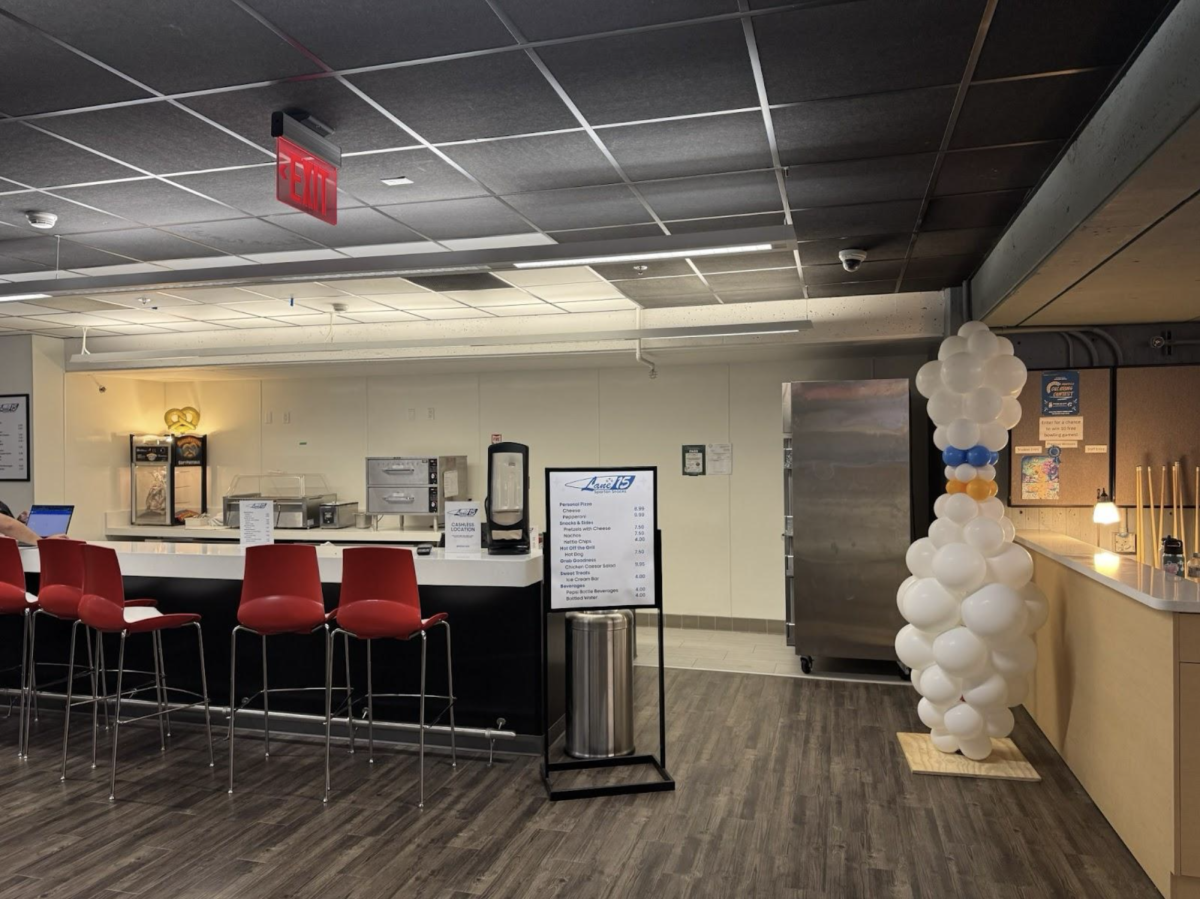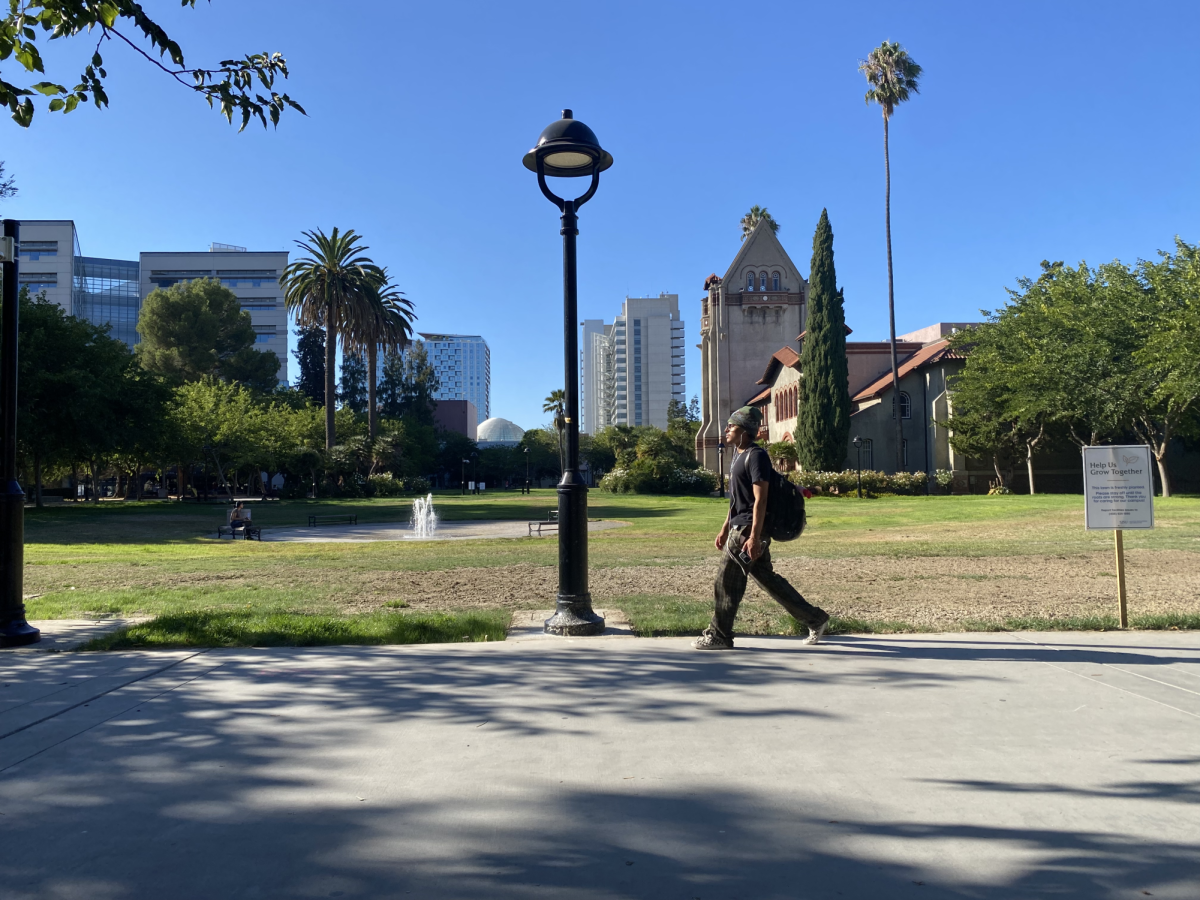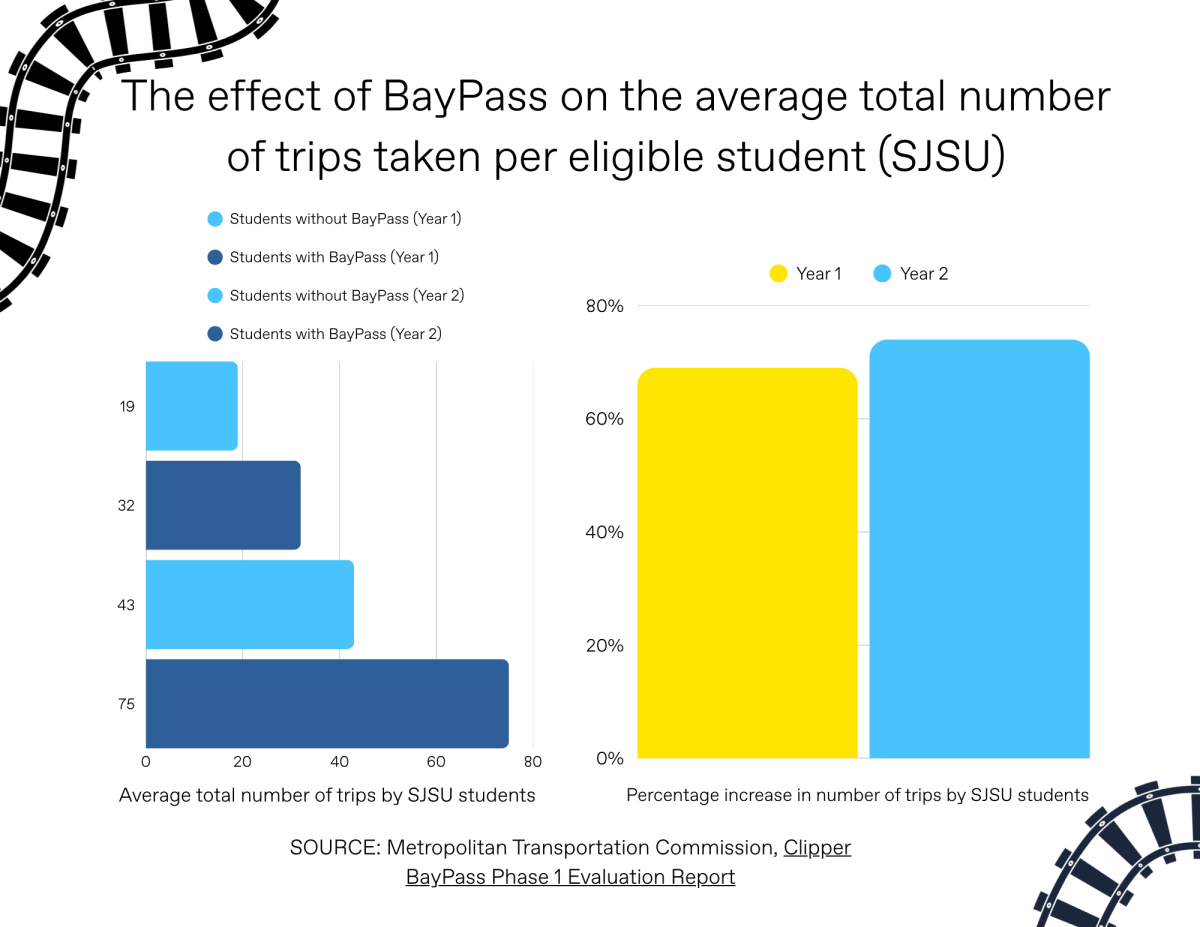San José community members reflect on their experiences and advocacy for immigration rights.
There are 1 in 40 residents in Santa Clara County that are refugees, which is more than 50,000 people, according to a web page from the county.
Ana Navarrete, the program director of SJSU UndocuSpartans is an immigrant from Ciudad Madero, Tamaulipas in Mexico who came to the United States when she was only nine months old.
“It was the experience seeing their struggles as I grew up, seeing how hard they worked to take care of myself, my brother and my sister,” Navarrete said.
Navarrete said she witnessed the struggles her family went through and realized that she wanted to make a difference in helping individuals who went through similar situations.
She said she became heavily involved in the California DREAM Act because she is empowered to provide support for other undocumented students as a student who knows what it is like to be undocumented.
The California DREAM Act was passed in 2011, allowing undocumented students to apply for financial aid and scholarships to attend colleges and universities in California, according to the CA Gov website.
“I have gotten to meet so many students with such diverse experiences that it has really inspired me to figure out ways to be creative and support our students,” Navarette said.
Betty Duong, the chief of staff for the Santa Clara County Supervisor, gave her entail about how individuals can provide stronger immigration policies.
“We need to make sure that the rapid response network includes San José State as a campus and that as part of the deployment of the rapid response network,” Duong said.
Duong said she is aiming at protecting immigrant rights and providing the best legal support for refugees and undocumented individuals.
She also said her goal is to ensure that educational institutions like SJSU can be active participants in protecting refugees and immigrants.
Duong said she has hopes that Santa Clara County and SJSU can form a partnership to bring in better support like communication support.
“I think it would be really valuable for the California State University (system), the youth and the California community colleges to have a plan that’s more intentional and that really engages key individuals across campus and the campus community,” Duong said. She said the drive to push CSU and community colleges toward incorporating immigration support establishes an understanding of refugee advocacy.
Refugee advocacy provides a call and support for struggling students and asylum seekers to be protected under global level, according to The UN Refugee Agency website.
Huy Tran, the executive director of Services Immigrant Rights and Education Network, said he has had personal experience with his family struggling as refugees.
“My parents are refugees and they came here to escape war, to escape the threat of life and physical harm and danger and the threats to their families, to look for security, to look for a life that was away from these dangers,” Tran said.
Tran said everything he witnessed and recalled, he found it as a wake up call for him to educate more people about the difficulties refugees faced and how they are seen by other races.
He said he also reflects on how not only his family, but also other families immigrated to the United States for a better life.
“This nation was built by the contributions of immigrants and refugees. That’s our identity as a nation,” Tran said.






































